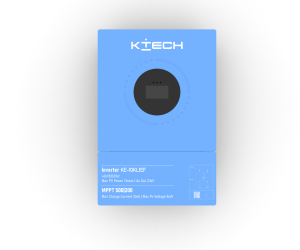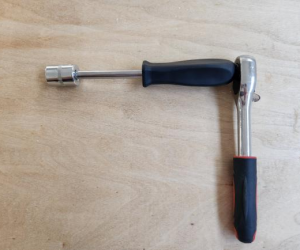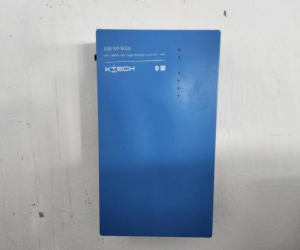马上注册,结交更多好友,享用更多功能,让你轻松玩转社区。
您需要 登录 才可以下载或查看,没有账号?Register
×
inverter liquid cooling technology offers a powerful solution for efficient heat dissipation in modern inverter systems. While it comes with certain challenges, its advantages in terms of cooling efficiency, temperature control, noise reduction, and design flexibility make it a valuable choice for a wide range of applications, especially in the context of the growing demand for high-performance and reliable inverter solutions. Advantages 1. High Cooling Efficiency: Liquid has a much higher heat capacity and thermal conductivity compared to air. It can absorb and transfer large amounts of heat quickly, effectively reducing the temperature of the inverter components. This allows for higher power densities and more reliable operation, especially in applications where the inverter is subjected to heavy loads or continuous operation. 2. Precise Temperature Control: By adjusting the flow rate and temperature of the coolant, it is possible to achieve precise temperature control within the inverter. This helps to optimize the performance of the power components and extend their lifespan. 3. Reduced Noise: Unlike air cooling systems that rely on fans, liquid cooling is much quieter. This is particularly beneficial in applications where noise levels need to be minimized, such as in residential or some commercial settings. 4. Compact Design: Liquid cooling systems can be designed to be more compact than equivalent air-cooling setups. This saves space and can make the overall inverter system more integrated and easier to install. Challenges and Considerations 1. Complexity and Cost: Liquid cooling systems are relatively more complex than air cooling systems. They require more components and careful design and installation. This can result in higher initial costs. 2. Maintenance: Regular maintenance is required to ensure the proper functioning of the liquid cooling system. This includes checking for leaks, monitoring the coolant quality and level, and maintaining the pump and heat exchanger. 3. Compatibility: The coolant and system components need to be compatible with the inverter and its materials to avoid any chemical reactions or degradation over time.
|  Key Technologies & Challenges of Off-gri1964 views#Default Forum
Key Technologies & Challenges of Off-gri1964 views#Default Forum Market Potential & Future Direction of O1743 views#Default Forum
Market Potential & Future Direction of O1743 views#Default Forum How to Install a Wall-Mounted Inverter1959 views#Default Forum
How to Install a Wall-Mounted Inverter1959 views#Default Forum How to Install a Wall Mount Battery2040 views#Default Forum
How to Install a Wall Mount Battery2040 views#Default Forum